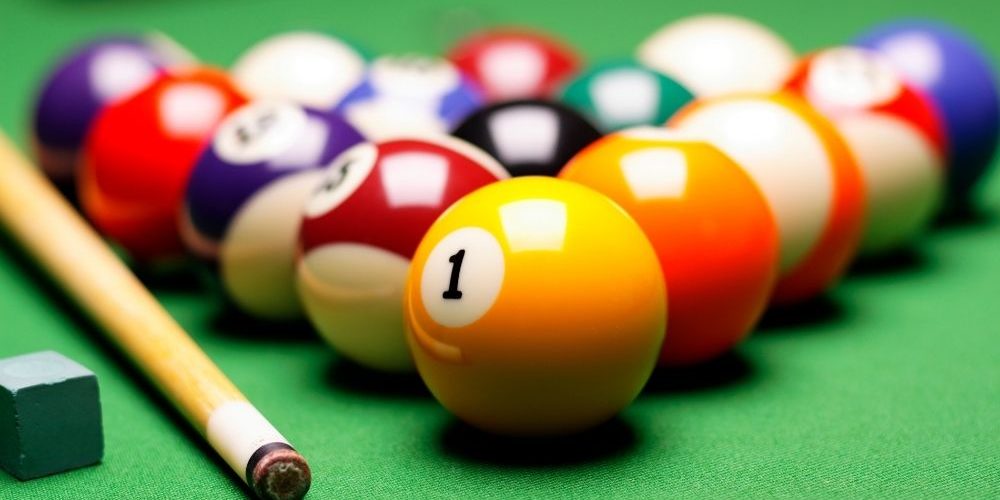Chemicals are often associated with industrial or medical applications, but chemicals are important in creating many of the objects we use in our daily lives, including those we use for entertainment. To better understand chemicals, let’s look at an example of phenolic resin and the production of billiard balls.
What Is Phenolic Resin?
Phenolic resins are one of the most versatile polymers available, driving an increasing demand for phenolic resin producers and becoming more commonplace in all sorts of applications and products. Phenolic resins are a type of synthetic thermosetting resin that uses extreme pressure to form molds. Once the resin has formed and cooled down, it’s impossible for it to melt again, making phenolic resins incredibly durable and reliable in comparison to other plastics.
Making Billiard Balls
How is phenolic resin used in the production of billiard balls? Phenolic resin is the primary material used to make billiard balls. To make a billiard ball, the resin is placed into a round mold and subjected to extreme pressure during the thermosetting process. The phenolic resin is key to ensuring every ball has a consistent density and diameter tolerance, which is vital to the game. Then, it moves on to the polishing process.
Benefits of Phenolic Resin Balls
Billiard balls can be made from either phenolic resin or polyester resin. Phenolic resin is preferable to make billiard balls because it is tougher and longer-lasting than polyester resin. If you were to compare a ball made from phenolic resin to one made of polyester resin, you would notice polyester resin balls lose their luster much faster. Polyester resin balls only last about eight years, assuming you’re playing casually. Phenolic resin balls, on the other hand, can last up to 40 years before you need to replace them. When you’re considering which type of billiard ball to buy, the answer should be obvious.







